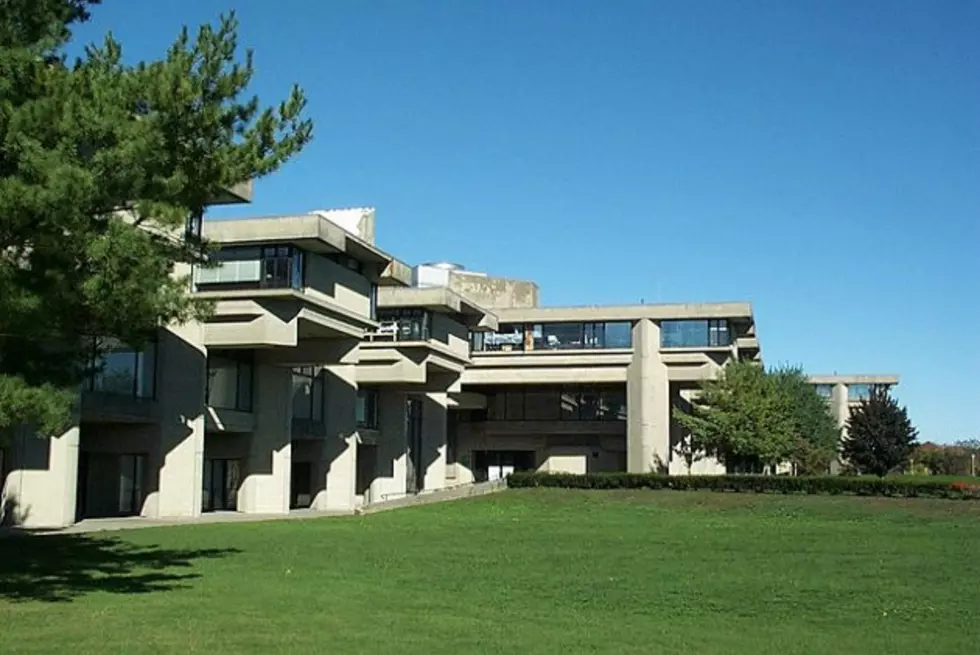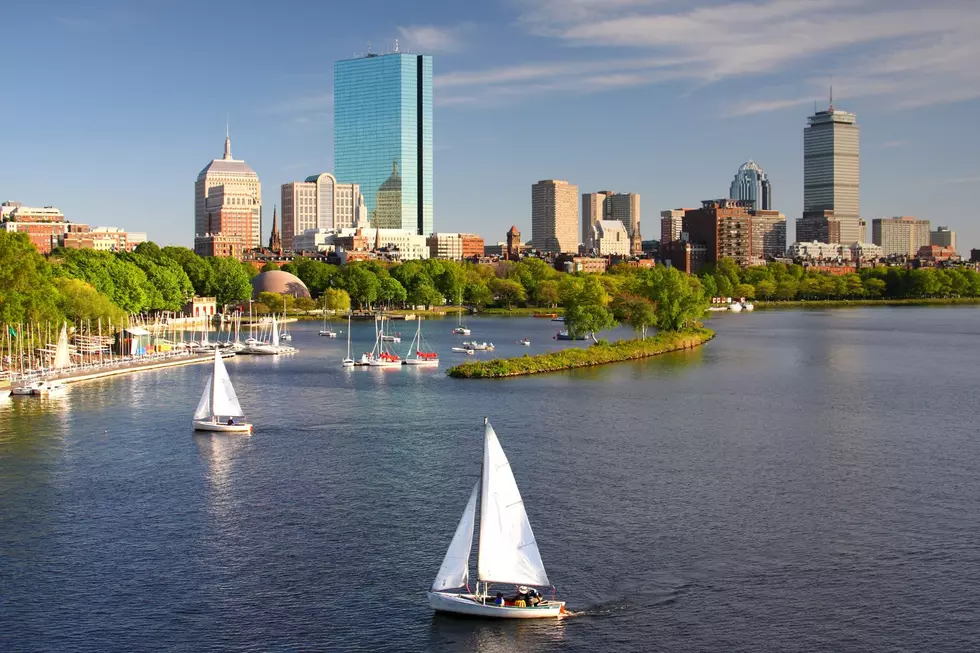
UMass Trustees Approve 2.5 Percent Tuition Hike
BOSTON — University of Massachusetts trustees on Friday approved a 2.5 percent tuition increase for in-state undergraduate students, as members of the board cautioned of "clouds on the horizon" in enrollment and revenue trends.
Senate-backed language calling for a tuition freeze this fall, which the school said would lead to cuts affecting students, was dropped in favor of a new requirement that university officials meet with lawmakers to discuss financial and enrollment information.
"This has been a challenging summer for all of us as we strive to meet the expectations of our students, understanding that we went through a year last year recruiting a whole class in that had certain expectations of how we would treat them," UMass Lowell Chancellor Jacquie Moloney said. "This is going to be such welcome news that we would have this tuition increase, enabling us to meet our commitment to those students and their families."
With room, board, and mandatory fees factored in, the average increase for an in-state undergraduate student across the Amherst, Boston, Dartmouth and Lowell campuses works out to $887, for a total cost of $29,058.
Five years ago, when trustees approved the second year of a two-year tuition freeze, the cost of attending the flagship UMass campus in Amherst was $24,215. This fall, that cost will be $29,393, an increase of over $5,000.
UMass President Marty Meehan said tuition increases at UMass have averaged 3 percent over the past 10 years, while state universities and community colleges have hiked their rates by an average of 6 percent.
Meehan said UMass will form an advisory group with the goal of working "with the governor and the Legislature to keep tuition flat or below the rate of inflation next year." He said the group will focus on issues of access, affordability, quality and efficiency.
In a press release from the Hildreth Institute, a nonprofit focused on college affordability, UMass Amherst student Madison Billingsley called the tuition increase "really frustrating."
"Especially for a state school, the price for in-state tuition is simply not acceptable, or attainable for most students," Billingsly said. "The university should really reassess what they are prioritizing for the school, and how much of the spending results in a higher financial burden for students."
Education Secretary James Peyser said UMass remains a "tremendous value," though students are still coming out with "significant debt" in many cases and some struggle to pay for their education. He said he wanted to make sure the university and his fellow trustees are continuing to focus on efficiency and cost-saving innovation.
"There obviously are some clouds on the horizon, or at least uncertainty in the future, and some of that has to do with demographics," Peyser said. "Some of it also has to do with the fact that we are deep into a business cycle -- and we had a great fiscal year this year from a revenue point of view that laid the foundations for a good FY '20 budget. I'm loathe to predict how this year will go or what FY '21 might look like, but I don't think we can count on, at least from the state revenue side, the same revenue picture that we're experiencing and enjoying today."
For graduate students, the Amherst, Boston and Dartmouth campuses will each raise their rates 3 percent, while Lowell is holding its tuition flat at $14,590 for Massachusetts residents and $26,370 for those from out-of-state.
The Lowell campus is increasing its out-of-state undergraduate tuition by 2 percent, while Amherst, Boston and Dartmouth out-of-state undergrads will pay an extra 3 percent this year.
Each of the four undergraduate campuses -- tuition and fees for the UMass Medical School in Worcester were set in March -- will also bump its $250 technology fee up to $350.
The Amherst and Boston campuses are also raising their student activities fees.
At UMass Boston, the $40 increase from $76 to $116 will be used to lower students' costs for T passes, bringing what's now an 11 percent discount to a 50 percent discount. Interim Chancellor Katherine Newman said students approved the "self-tax" via a referendum, which she called "quite remarkable."
"About half of our students commute on the T. It's a significant expense for them," Newman said. "If there's one thing in the world I could move, it would be the cost of their commute, because it's really quite extraordinary."
UMass is projecting a slight enrollment increase of 0.7 percent in the coming school year, to 65,816 full-time equivalent students across the five campuses. That figure reflects 1.3 percent growth in in-state students, who account for 76 percent of the student body, and a 1.2 percent decline the out-of-state student population.
In total, UMass enrollment is projected to grow by 468 students in fiscal 2020, including 275 at Amherst, 261 at Lowell and 50 at the medical school, and declines of 79 students at Boston and 39 students at Dartmouth.
Newman said enrollment has become "much more volatile," making it more difficult to make forecasts based on history and indicators like the number of applications completed.
She said the Boston campus has planned "some significant belt-tightening" as it grapples with a combination of enrollment fluctuations and higher depreciation and interest costs associated with ongoing projects.
A voluntary separation incentive program is underway, and Newman said she expects to know the full results of that program by mid-August and the school will "probably have to do layoffs" if the desired reductions aren't reached.
Trustee Robert Epstein urged the chancellors to look at cost centers they haven't previously addressed, saying the 1 percent margin in the university system's budget left "no room for oops."
"The Legislature was kind this year in comparison to what will happen if we don't come up with zero tuition growth for next year," he said.
More From WBSM-AM/AM 1420









